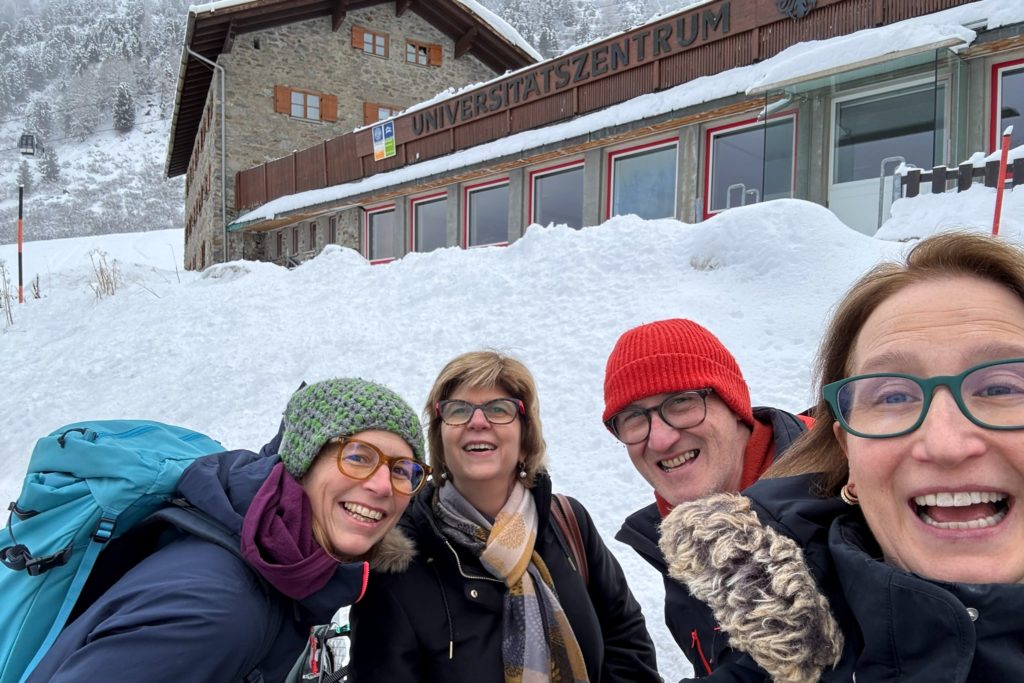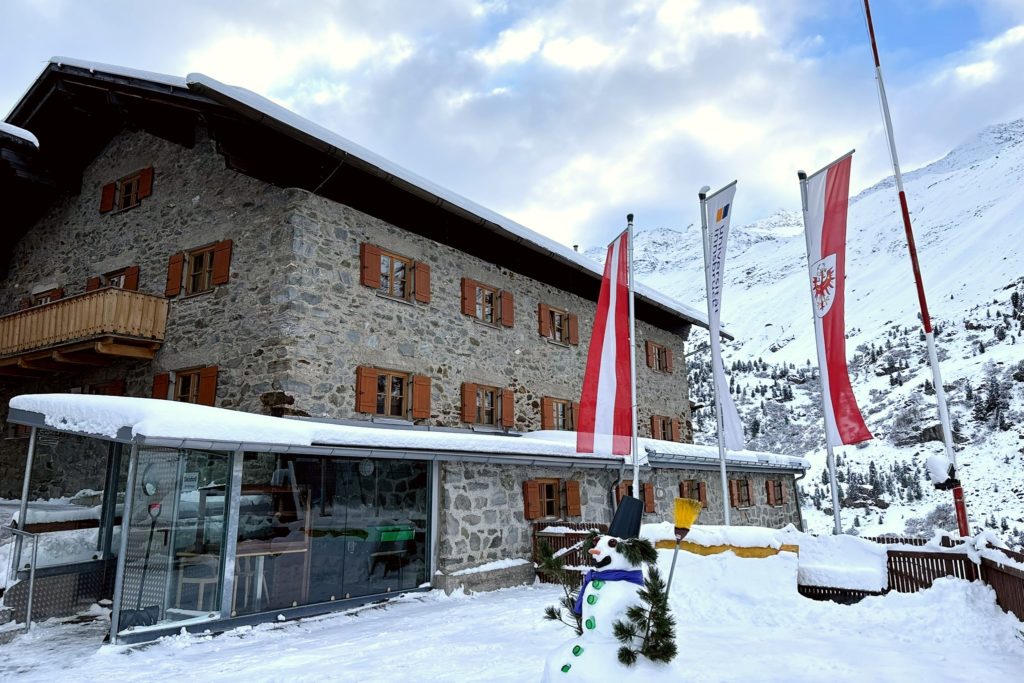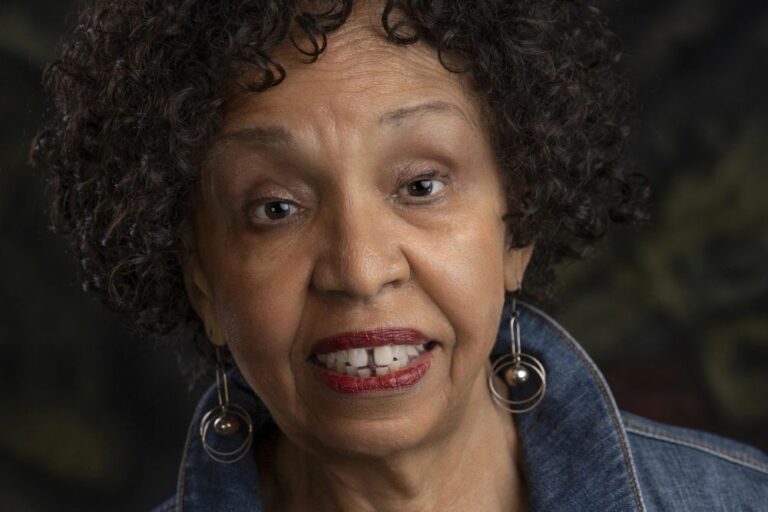Assistant Professor Koen Van Gorp and Professor Paula Winke from the Department of Linguistics, Languages, and Cultures (LiLaC) at Michigan State University were two of five international professors invited by the European Association of Language Testing and Assessment and the Language Testing Research Group Innsbruck to teach at a Winter School for language testing research that was held in the Austrian Alps at the University of Innsbruck’s Alpine Retreat Center, the Universitätszentrum Obergurgl.

The Winter School, which welcomed 40 participants from around the world for a week of instruction and workshops, focused on task-based language teaching and how language teachers can best promote communicative and integrated, multimodal-skills learning in language classrooms. The idea is that through hands-on, authentic, and real-world task work in and outside the classroom, students learn to be effective, proficient, and efficient communicators using the target language. While classrooms based on a series of tasks can be more motivating for students, they also can be more interesting for teachers to teach.
“Being part of the Winter School is just one way in which we can happily contribute to the larger discussions in the world on rich and purposeful methods for language teaching and learning.”
Dr. Koen Van Gorp
“Our faculty in LiLaC are world-renowned for their innovative and ground-breaking work in language teaching methods and syllabus design,” Van Gorp said. “Being part of the Winter School is just one way in which we can happily contribute to the larger discussions in the world on rich and purposeful methods for language teaching and learning.”
The Winter School was held Dec. 9-13, 2024. Among the topics discussed were the challenges of and opportunities in the increasing use of AI tools in language learning and teaching, the design of realistic tasks with an appropriate level of difficulty, and the question of how tasks can be developed so they are inclusive and fair.

Van Gorp, who is currently the Editor of the international journal on task-based language teaching and learning called “TASK,” led sessions on authenticity in task design and in designing classroom-based tasks and task-based assessments for young learners. Winke, who is currently a Visiting Scholar at the University of Innsbruck, taught sessions on designing task-based self-assessments for less-commonly-taught language classrooms and on creating classroom and programmatic exams that support task-based language learning and teaching.
Both Van Gorp and Winke have been teaching and researching task-based language teaching at MSU for a number of years. They work with other faculty in the Department of Linguistics, Languages, and Cultures and through the Center for Language Teaching Advancement (CeLTA) to support task-based teaching and research.

The general conclusion of the weeklong Winter School was that task-based language teaching is a pedagogical approach that all language teachers can adopt, and one that helps students be self-sufficient and active in their learning. Among other things, solutions for the effective use of technology in language testing that meet current requirements were developed.
“The Winter School concept is unique, as it is a time for researchers and language-teaching partitioners who focus on task-based language teaching to get together and have in-depth discussions on the field going forward,” Winke said. “It’s more specialized than a conference, and more intensely social, as all meals and activities were shared by the 40 participants and by the organizers and trainers involved.”
“The Winter School concept is unique, as it is a time for researchers and language-teaching partitioners who focus on task-based language teaching to get together and have in-depth discussions on the field going forward.”
Dr. Paula Winke
The Winter School had lessons in the mornings, late afternoons, and in the evening after dinner. Participants had breakfast, dinner, and coffee breaks with the trainers, which gave everyone time to get to know one another, discuss the topics outside the sessions, and consider further research and materials preparation beyond the Winter School. In the early afternoons, participants and trainers were welcome to ski, snowshoe, or hike.
“Being high in the Alps was a big draw for the Winter School,” Winke said. “Being secluded with others interested and working in task-based language teaching and doing activities outdoors together was a fantastic way to gain strong insights into the field and to develop international friendships with others in the field.”

The Winter School was organized through the Language Testing Research Group Innsbruck at the University of Innsbruck and sponsored by the British Council, Duolingo, the University of Innsbruck, the European Association of Language Testing and Assessment, and the state of Tyrol, Austria.
By Kim Popiolek


